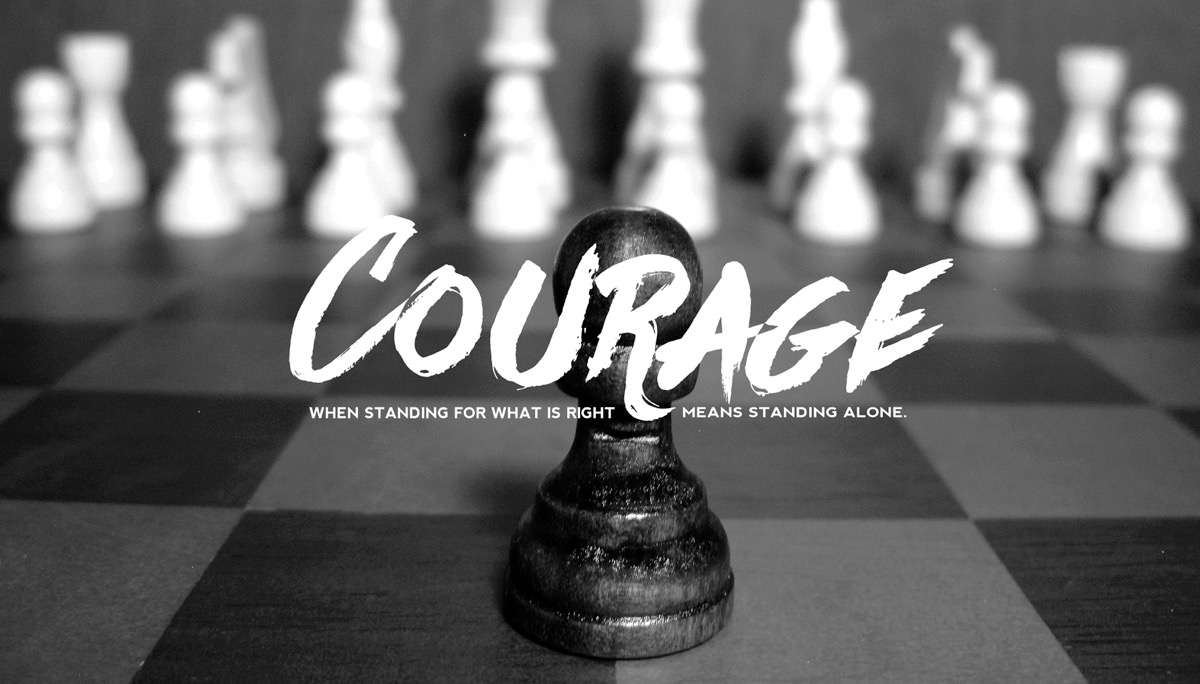For John had been saying to Herod, “It is not lawful for you to have your brother’s wife.” So Herodias nursed a grudge against John and wanted to kill him. But she was not able to, because Herod feared John and protected him, knowing him to be a righteous and holy man. When Herod heard John, he was greatly puzzled; yet he liked to listen to him.
Mark 6: 18-20
The clarity of his convictions and the courage to speak marked the life of John the Baptist in the first century. His message was one of simple repentance so that the people of his day could be reconciled to God (Matthew 3).
In his day, adultery was not something to casually dismiss and so John spoke directly to King Herod and his wife Herodias. John didn’t attempt to gloss over the situation to make it more comfortable, but his words were aimed at bringing Herod to repentance. Eventually, his commitment to God’s standards cost him his life.
In our day, words like John’s might be labeled as hate speech simply because he disagreed with the choices of Herod and Herodias and had the audacity to make those views public. Was it hatred for Herod and Herodias that served as motivation for John? A reasonable reading of John’s biography would say that John’s motivation was to bring the people to repentance including the king. So, if John had just kept his mouth shut, maybe his head wouldn’t have been served on a platter.
And that’s where we live today, isn’t it? Increasingly, there is little tolerance for opposing views in our culture, especially views that are based in Scripture. Earlier this week I saw a social media post that communicated a simple message – any perceived opposition to “fill-in-the-blank” is now considered an intolerable personal hatred – plain and simple.
But that is a response that is too simplistic in itself because it assumes that everyone must agree.
If we believe Scripture to be true we know every one of us is in need of repentance because each one of us has missed the mark. All have sinned (Romans 3:23). Yet, God loved us when we were unlovable (Romans 5:8) and gave Jesus for us (Romans 6:23) so we might live.
In the first century or the 21st century, a call to repentance is not an act of hate, but of love.


0 Comments